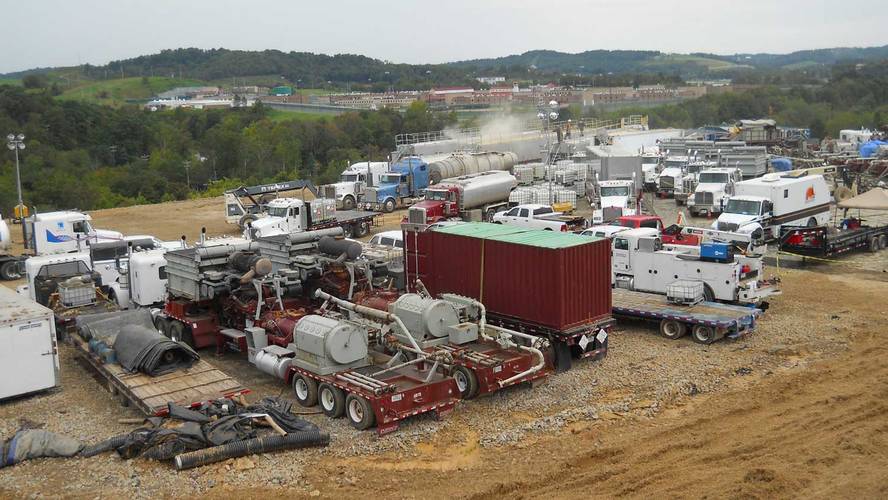Less favorable hydraulic breakage gas forecasts
According to Nature, the calculations of the University of Texas are much thinner than those of the EEA, among other things because the surface used for extrapolation is 20 times smaller than that of the EEA. And the results are not at all as hopeful as those of the EEA. For example, the University of Texas has estimated that there will be only half of the gas that the EEA provides for 2030.
The scientific journal has recalled that until the last decade gas extraction has not been widely used due to hydraulic fracture, since the price of gas was too expensive. However, as normal gas deposits are depleted, the energy industry has had to resort to gas stored in shale, which has improved fracture and reduced it. Thus, in recent years, hydraulic fracture has acquired great strength in the United States and other countries have begun to use this technology to extract the gas they contain.
Thus, the US government has given a great boost to the gas industry and has a great influence on the country's economy. However, knowing the calculations made by the University of Texas, Nature fears that beliefs will run and other countries, such as Poland, have the same risk.
Beyond calculations
Javier Arostegi García, professor of the Department of Mineralogy and Petrology of the UPV, is of the same opinion. According to him, the data are showing that the EEA forecasts are not correct: "For example, the EEA itself recognized in 2012 that Marcellus is three times less than what they considered shale reserve." In fact, shale Marcellus is the largest gas depot in the United States, traversing the lands of West Virginia, Pennsylvania and New York, and the gas they take up daily is enough to supply half of the fuel plants nationwide. For now it seems that it will run out sooner than expected.
Arostegi warns that the indefinition of European forecasts is even more evident. Proof of this is, for example, the complete elimination of reserves by Norway, which showed that the latest data had no gas. "In France, despite their initial expectations, they have recently concluded that they have little usable gas," added Arostegi. And, like Natura, he mentioned Poland: "Initially it was the country with the best forecasts in Europe, but in two years the EEA has reduced its forecasts by 20%."
Beyond the accuracy of the calculations, Arostegi highlighted the economic and political importance of the forecasts: "Governments make investments and plans based on these forecasts. As a result, energy saving measures are on the sidelines, but I think that, seeing that fuels are running out, we have no choice but to save energy and consume it rationally." In addition, Arostegi proposes to go to energy policies to fight climate change.






